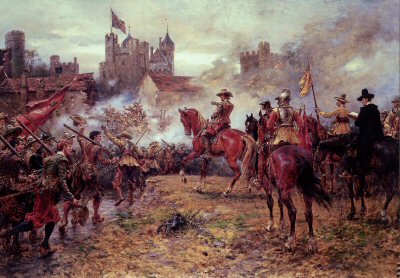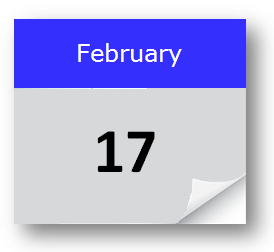On This Day in History: Discover What Happened Today In History
Every day has a story. From groundbreaking scientific discoveries and space missions to landmark political events and natural phenomena, “On This Day in History” offers a window into the past that helps us better understand the world we live in today. Whether you’re a student, teacher, or curious learner, this page delivers daily historical facts that educate and inspire.
Why “On This Day” Matters in Education
Understanding what happened on a specific date in history brings learning to life. Instead of memorising isolated facts, learners see connections between global events, scientific progress, and cultural change. Whether it’s the first moon landing, the fall of a famous empire, or the birth of a notable scientist, knowing what happened “on this day” strengthens our grasp of both the past and present.
Daily Highlights: Educational and Engaging
Each entry on this page is carefully curated to ensure it’s:
-
Historically accurate, with sources and references
-
Educational, aligning with school curricula in history, science, and geography
-
Engaging, with short, memorable descriptions
-
Diverse, covering events from all around the world and across centuries
Whether you’re interested in this day in science, military history, human rights, or space exploration, there’s something here for everyone.
Features of the “On This Day” Page
✅ Updated Daily – So you can explore something new every time you visit
✅ Searchable by Date – Quickly find events that happened on your birthday or any other date
✅ Cross-linked Content – Jump to full articles or educational videos for deeper learning
✅ Student-Friendly Summaries – Clear and concise language for all age groups
Explore the Past, Understand the Present
By learning what happened on this day in history, you’re not just reading about the past—you’re seeing how events shaped the world. These bite-sized historical facts are great for:
-
Daily classroom discussions
-
Social media education posts
-
Personal enrichment and trivia
-
Supporting homeschooling or revision
Example: June 30 – What Happened Today?
Here’s a taste of the kind of historical gems you’ll find:
🛰️ 1908 – Tunguska Event: A massive explosion flattened 2,000 square kilometres of Siberian forest, likely caused by an asteroid or comet.
🚀 1971 – Soyuz 11 Disaster: Three Soviet cosmonauts tragically lost their lives when their capsule depressurized during re-entry.
🌋 1991 – Mount Pinatubo Eruption Aftermath: The eruption earlier in June led to long-term global climate effects and displacement of thousands.
Stay Curious – Come Back Every Day!
Bookmark this page and make it part of your daily learning habit. Whether you’re a lifelong learner or looking for classroom inspiration, Earth Site’s On This Day in History section delivers rich, relevant content that educates and fascinates.
This article shows major events that occurred on this day in history (to select another date use the menu to find events that occurred on that day).

On This Day
-

- 1784 In 1784 the battle of Sadras began off the Indian coast against the French and British Navies. This is the first of five naval battles that took place off the coast of India over 14 months during the American War for Independence. After their defeat to the British in the ‘Seven Years War’ (1756-1763) France had allied themselves with America in their battle for Independence against the British in 1780. The French fleet led by Bailli de Suffren had 11 ‘ships of the line’ (these are elite battleships capable of making a line to battle with cannons) while the British fleet consisted of 9 ‘ships of the line and was led by Sir Edward Hughes. France had planned to attack British posts on the Indian coast and on his way to India; Suffren had amassed 3,000 troops in transport ships. On the 15th of February Suffren’s fleet found the British fleet docked and fled south to allow the soldiers to disembark. Hughes gave chase and on the 17th of March the battle of Sadras began with no side gaining a clear victory. Neither side lost any ships, although the British fleet came close, and the further four battles over the 14-month period led to no real victor on either side.
- 1801 In 1801 Thomas Jefferson is elected to become the third President of the United States of America. Thomas Jefferson had previously been the Vice President to John Adams, the second President and leader of the United States during their War of Independence against the British. Jefferson was also the main contributor to the Declaration of Independence and one of the ‘founding fathers’. His presidency began on March the 4th 1801 and, due to winning a second election, he continued into a second term as President of the United States until 4th of March 1809.
- 2008 In 2008 Kosovo announced it’s Independence from Serbia and this was recognised by more than 90 countries including The United States and most of the EU. Serbia dismissed the announcement as meaningless and they are not the only country not to recognise Kosovo’s independence. Russia, China and Georgia still all refuse to see Kosovo as anything other than part of Serbia.
